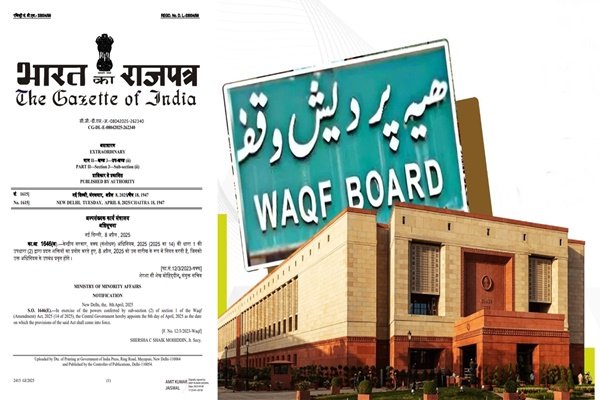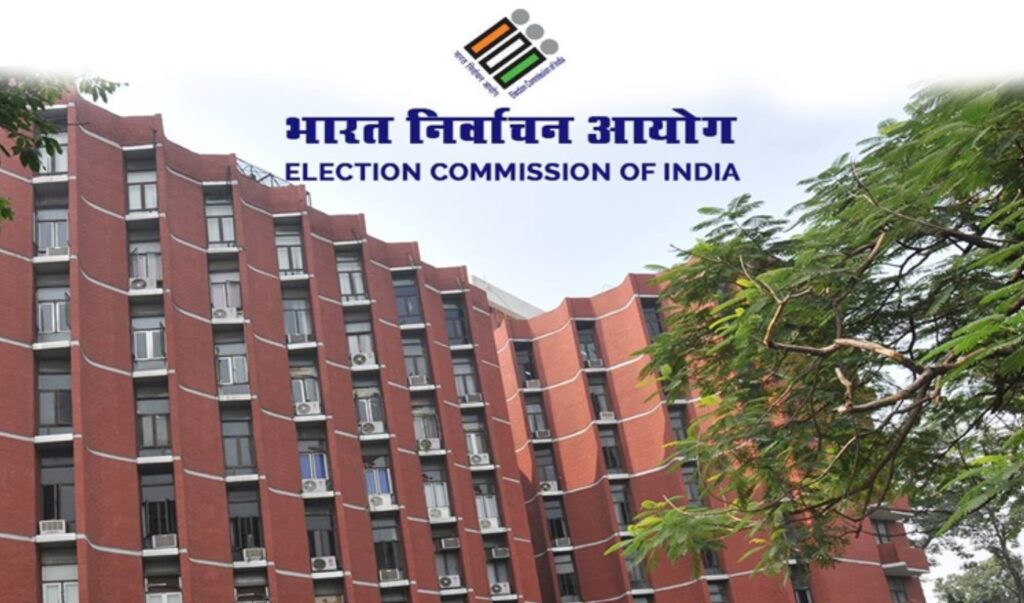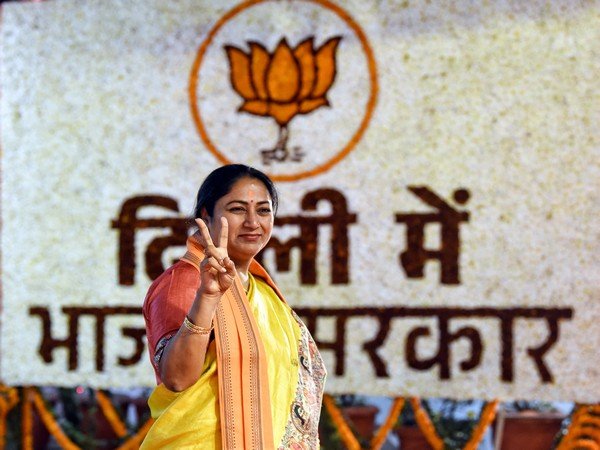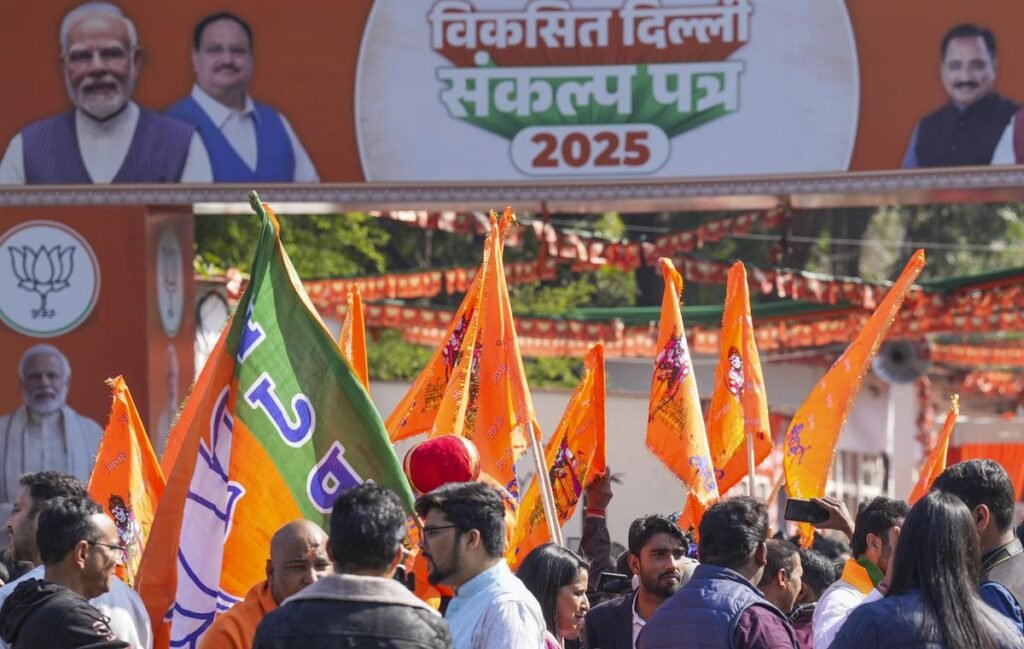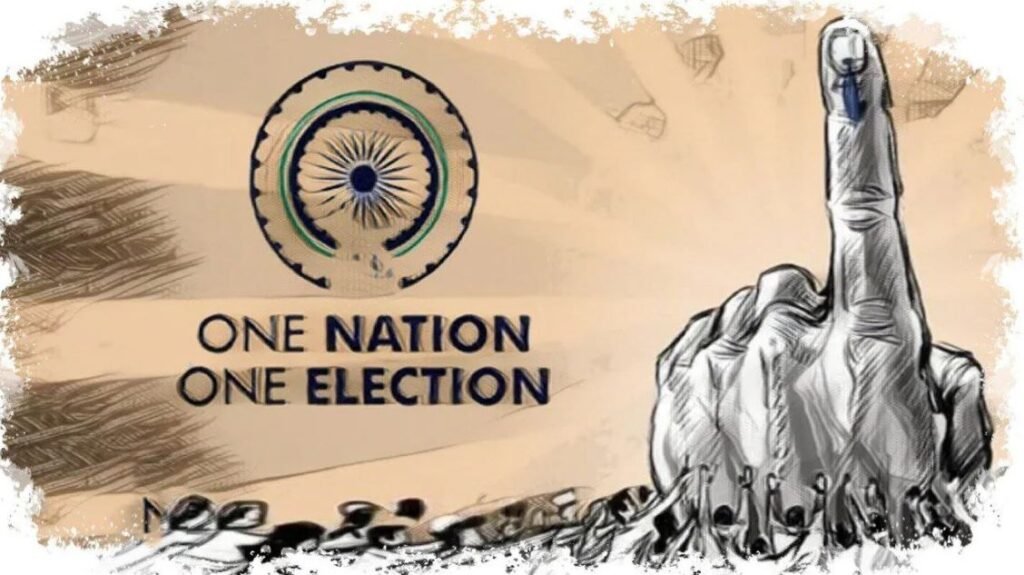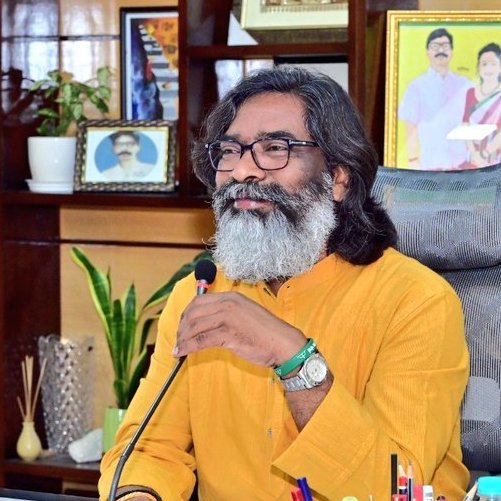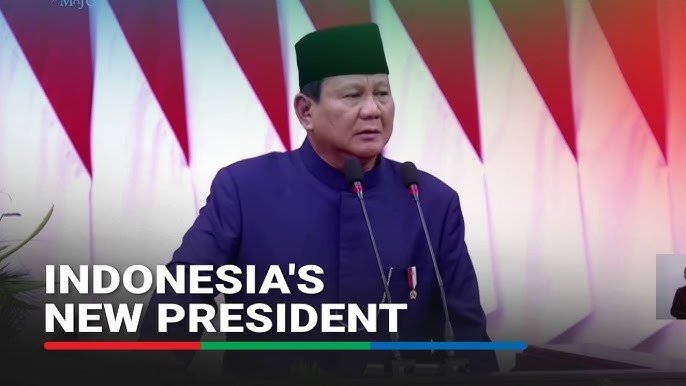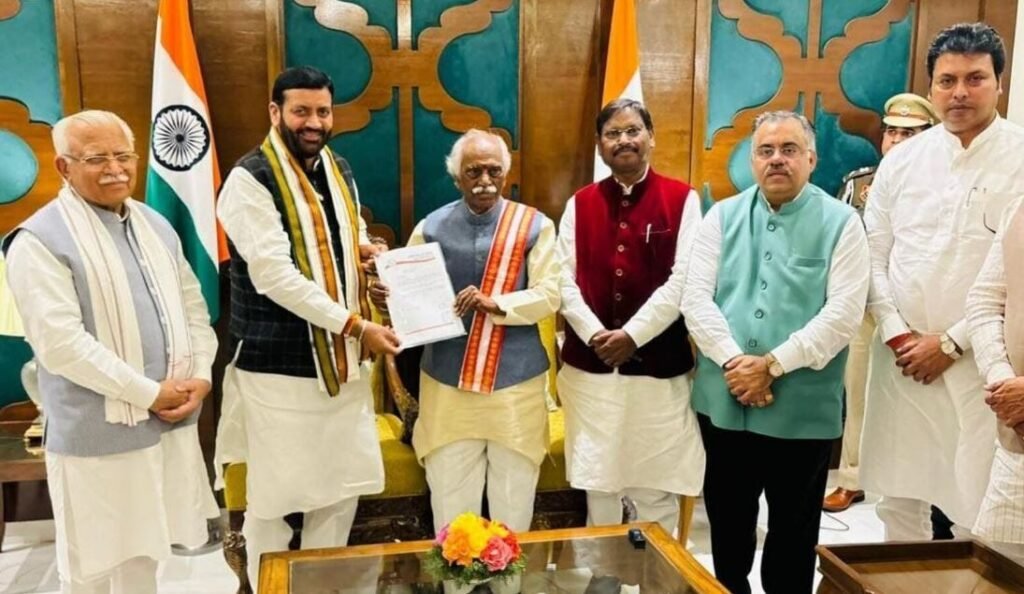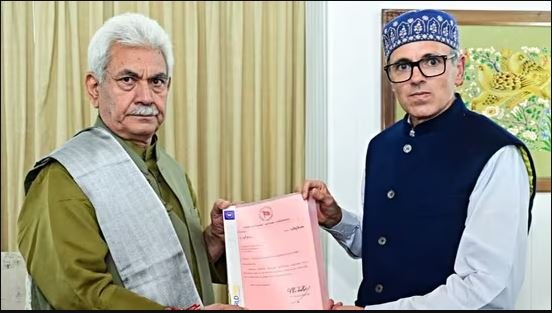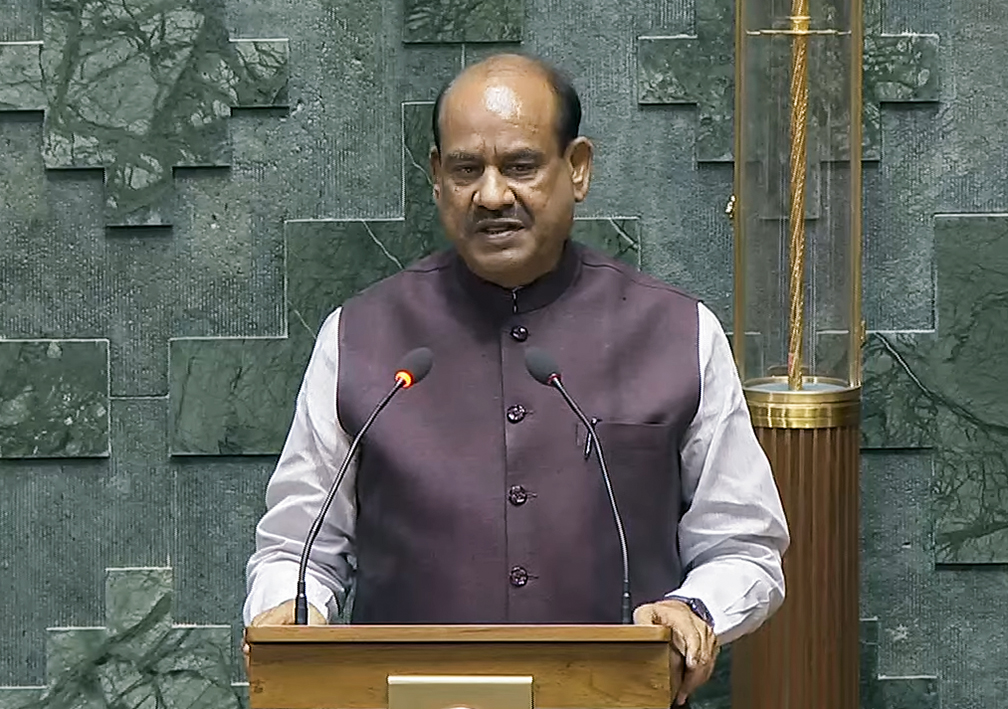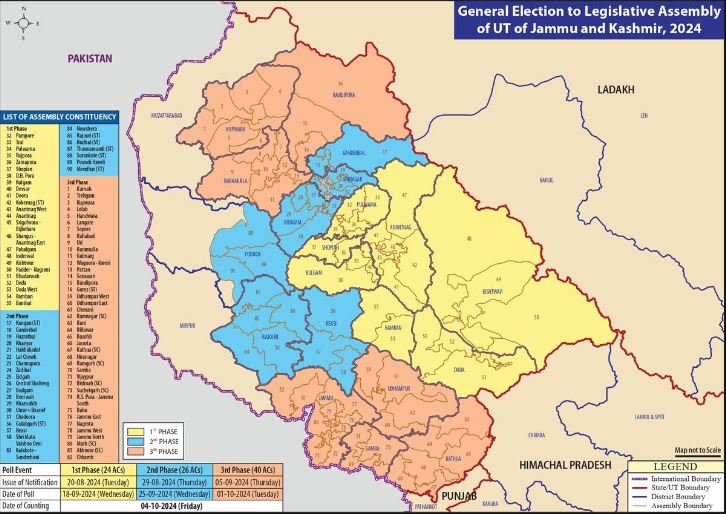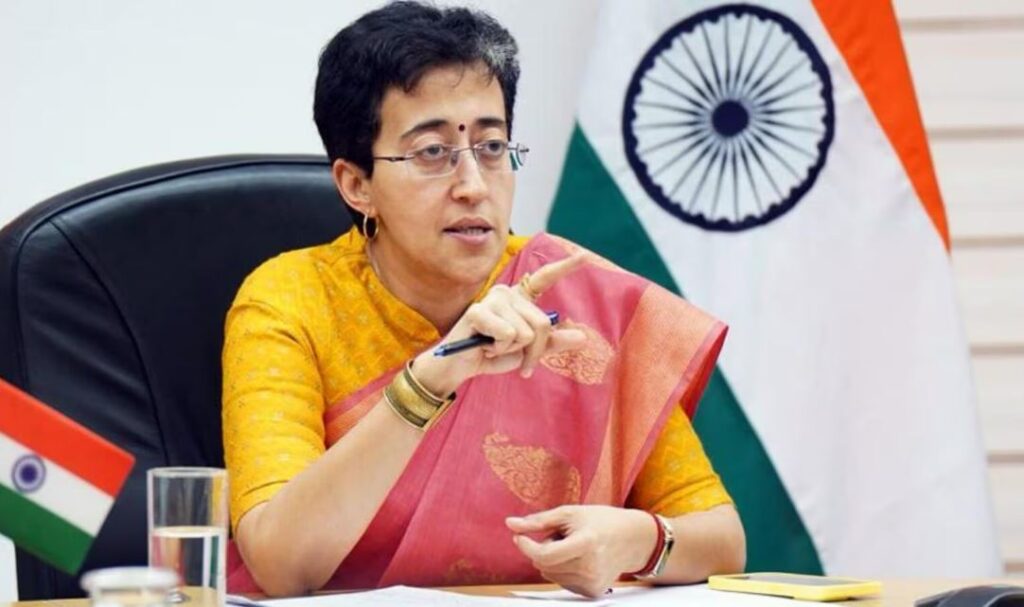The Waqf (Amendment) Bill, 2025 was passed by Parliament after the Rajya Sabha approved it on April 3, 2025, with 128 votes in favor and 95 against, following a 12-hour debate. The Lok Sabha had already approved the Bill.
The Bill aims to streamline the management of Waqf properties, ensure transparency and accountability, and promote heritage protection and social welfare, particularly improving the status of Muslim women, including widows and divorcees. It proposes an inclusive Waqf Board, with representation from different Muslim sects and a limited number of non-Muslim members to preserve its secular nature.
Minority Affairs Minister Kiren Rijiju stated the Bill would benefit crores of poor Muslims without interfering with Waqf properties, aligning with the government’s “Sabka Saath, Sabka Vikas” vision. The Bill was drafted after consultations with stakeholders and the Joint Parliamentary Committee.
Opposition leaders, including Mallikarjun Kharge, Dr. Syed Naseer Hussain, and others, opposed the Bill, calling it anti-secular, unconstitutional, and politically motivated. However, several leaders like HD Devegowda supported the Bill, citing misuse of Waqf properties.
Parliament also passed the Mussalman Wakf (Repeal) Bill, 2025, repealing the Mussalman Wakf Act of 1923.

